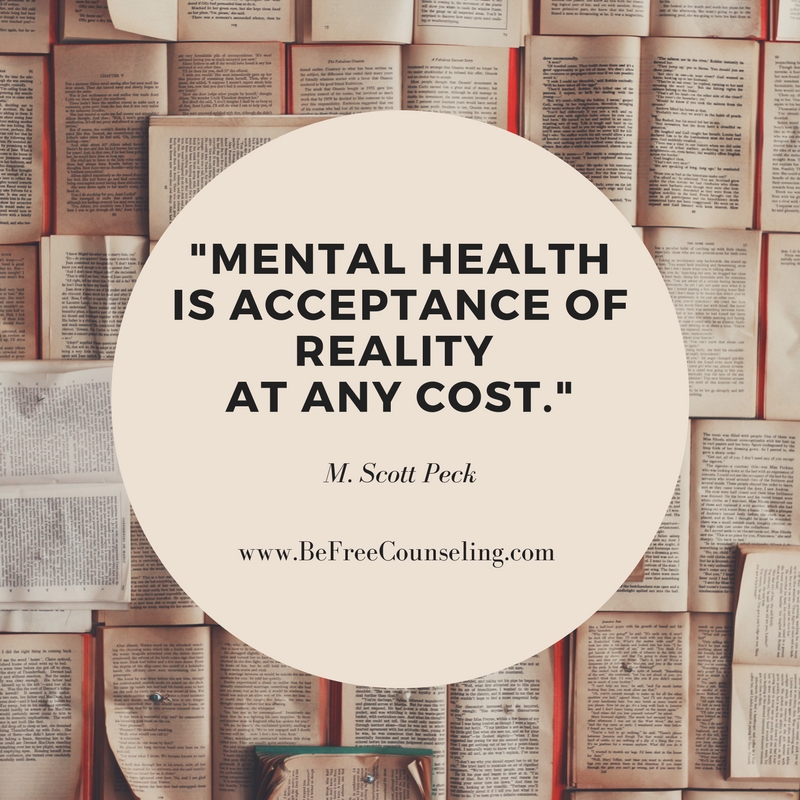Have you ever had a sense there is a broken connection between you and the rest of the world? Have you felt like your insides don’t match what you see on the outsides of others? Have you ever felt like you’re just disconnected from life? Have you ever felt like you’re just going through the motions? Many of us go through life with an innate feeling deep inside that there is just something wrong with us. We feel damaged. We feel different. We feel broken.
For many people who have this kind of experience in adulthood, the roots of the issue can be traced to childhood in home environments that lacked healthy emotional connection. Broken Connection (emotional neglect) in infancy and childhood have been shown to have a profound impact on men and women in adulthood.
BROKEN CONNECTION STARTS EARLY
Dr. John Gottman published a study in 1994 documenting numerous ways that parenting style shows up in peer relationships. Our ability to be at ease with ourselves starts young. Our ability to be comfortable with intimacy starts young. Broken connection in infancy and childhood has a profound impact on things like self esteem, distress tolerance, emotion recognition and regulation, communication skills and self-control. Children who grow up in environments where emotional connection is lacking often face addictions and other mental health issues in adulthood.
One of the most profound illustrations of the impact of broken connection is illustrated by the “Still Face Experiment conducted by Dr. Edward Tronick. The video below shows the excruciating effects of broken connection in a 90-second experience between mother and child. In most instances this dynamic persists for years rather than seconds.
RECOVERING FROM BROKEN CONNECTION
There is hope for recovering from emotional neglect in childhood. Dr. Jonice Webb has offered the following four aspects of recovery. These are not easy to develop. Individual and group therapy is often required in order to help with these:
- Focus on Feelings – The process of healing and recovery starts with emotions. Learn to identify your own positive and negative feelings. Learn when they show up for you and where you experience them in your body. Connection yourself and other people begins with emotions.

- Focus on Your Own Needs – Most adults who grew up with emotional neglect are not skilled in identifying what we need. And, most of the time, when we can identify a needs, we don’t feel worthy of having our needs met. Recovery from broken connection requires us to realize our needs and assert our needs relationally with safe, trusted others.
- Focus on Your Core Beliefs – If you grew up believing something was wrong with you, or if you grew up believing that your needs don’t matter, you’ve got some work to do in order to unravel all of that nonsense. Your needs matter. You matter. No matter what anyone else taught you or made you feel about yourself, you must get a firm grip on what is true of you.
- Focus on Self-Care – Adults who have experienced the profound alienation of broken connection in childhood often don’t feel comfortable taking care of themselves. You can begin by focusing on how you might handle a young child in your life who you care deeply for. Be gentle. Be loving. Treat yourself with tenderness and compassion. This type of self-care can take the form of exercise, nutrition, meditation, prayer, hobbies, reading and therapy (among others).
M. Scott Peck said that “mental health is acceptance of reality at any cost”. It may be painful to let go of old beliefs and to face and feel your emotions. But if we are going to recover, if we are going to experience a fuller, healthier way of living with ourselves and others, it’s a journey we cannot avoid.
What Next?
Finding a good counselor who specializes in this area is essential. Remember that real change takes time. There aren’t any shortcuts. If you are at the point where you are ready to begin working on the repairing the broken connection in your life, please feel free to contact us. We’d love to help!
Image source:
Using Plutchik’s Wheel of Emotions to improve the evaluation of sources
Sources Cited:
https://www.amazon.com/gp/product/161448242X/ref=as_li_qf_sp_asin_il_tl?ie=UTF8&tag=httpwwwgood07-20&camp=1789&creative=9325&linkCode=as2&creativeASIN=161448242X&linkId=ea8029150f696139efbda275217d0850
https://www.johngottman.net/wp-content/uploads/2011/05/Linkages-between-parent-child-interaction-and-conversations-of-friends.pdf
https://www.goodtherapy.org/blog/how-to-recognize-overcome-childhood-emotional-neglect-0218165


This was very helpful. A loved one of mine is in long-term recovery from substance abuse and understanding this process more has been essential in helping that loved one. Thank you.